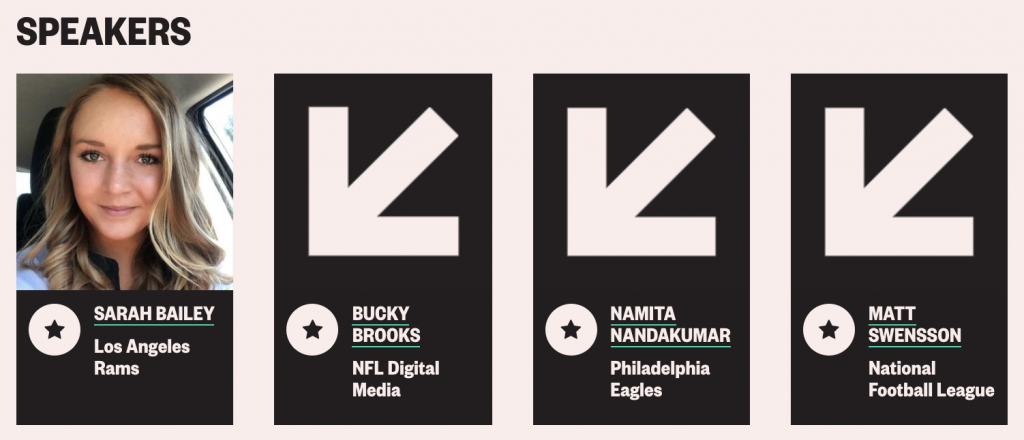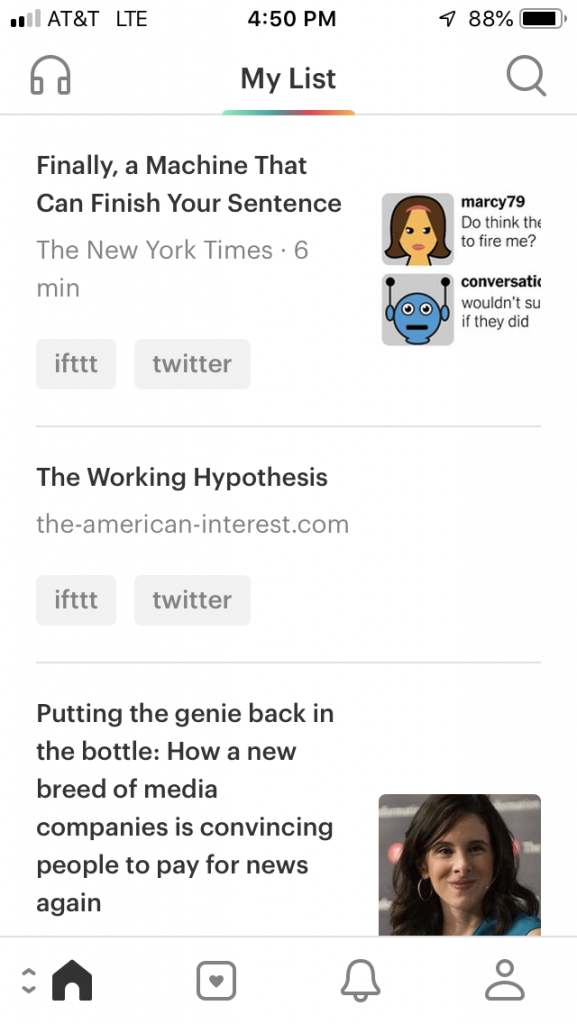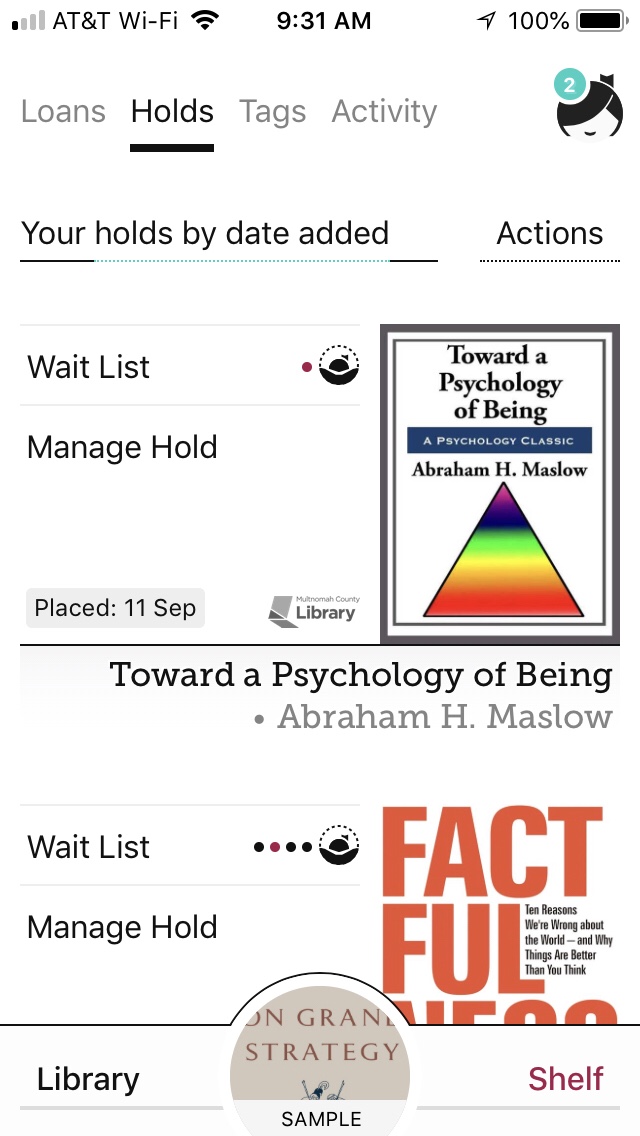This is a time of big change – but at least in our individual lives, the changes most likely to stick are those we each choose to make. Of course life is a fascinating mix of choice and circumstance. As Sartre once wrote, “freedom is what you do with what’s been done to you.”
What changes do we want to make coming out of the Covid-19 pandemic? I want to really learn to lead in a more whole heartedly, full-throatedly, networked fashion. I’m inspired by my online friend Simon Terry, who incidentally mentioned that Sartre quote to me the other day, to not only think but speak in those terms. Simon is the leader of a group called Change Agents World Wide. It’s a network of people, subtitled “Changing work, one human at a time.”
There’s lots of discussion about how Covid-19 will change us. I’m intrigued by some of the discussion about how it will accelerate best practices we’d been slower to adopt than we knew we should – like decarbonization and climate change efforts. (Here’s one big link on that, from McKinsey.)
One specific example I find intriguing is the developer relations community started by boutique firm Redmonk called Flyless, described here. It’s an online community for software developers flying less, or not at all, because they still want to talk without going to conferences – and maybe flying less is going to be a good idea in the long term. Starting that community is awesome.
I’d like to think about what we want to change, how we can help each other make those changes, how we can hold each other to high standards, “create a container” for changes, and point ourselves in the general direction we want to move in once we’re coming out of this thing.
It’s tempting to think that a centralized authority will be the determining factor, or that a “great man” will determine the direction of history, or that it’s so much bigger than us we have no control over it – but has there ever been a time when it was more clear that we’re all connected, for better and for worse? What do we want to do about it?


